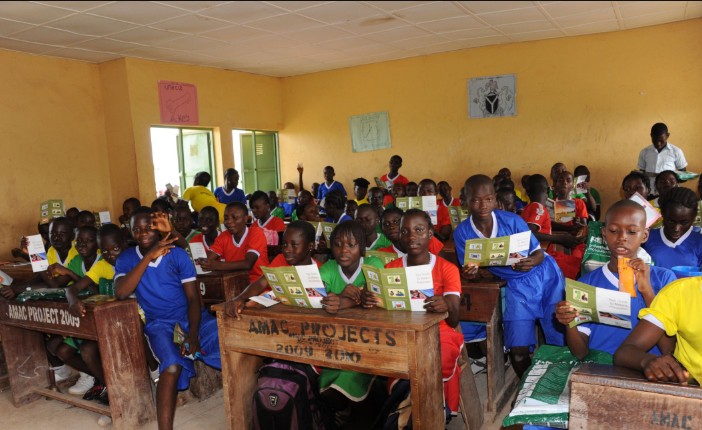
Choosing the right school for your child is one of the most important decisions you'll make as a parent. In Nigeria, the debate between private and public schools continues to spark interest among families who want the best for their children. But which is actually better? This article breaks down the key differences to help guide your choice.
1. Cost
One of the most obvious differences is the cost. Public schools are government-funded and usually free or require very minimal fees. Private schools, on the other hand, charge tuition and other fees, which can be expensive depending on the school’s reputation and facilities.
2. Class Size and Attention
Private schools tend to have smaller class sizes, allowing teachers to give more personalized attention to each student. In contrast, public schools often suffer from overcrowding, which can impact the quality of education delivered.
3. Quality of Facilities
Private schools usually have better-maintained buildings, modern classrooms, laboratories, libraries, and ICT centers. Many public schools in Nigeria face challenges like dilapidated infrastructure and lack of learning materials due to underfunding.
4. Teacher Qualifications and Supervision
While public school teachers are certified and qualified, private schools often employ a mix of certified teachers and passionate educators, but they are generally held to stricter performance standards due to parental expectations and competition.
5. Curriculum and Extra-Curricular Activities
Private schools may offer international curricula alongside the Nigerian curriculum and tend to invest more in extracurricular activities like music, arts, sports, and leadership programs. Public schools generally stick strictly to the government-mandated curriculum.
6. Discipline and Environment
Private schools often have stricter codes of conduct and more controlled environments. They may also foster a culture of excellence and competition. In public schools, discipline can vary significantly depending on the school's leadership.
7. Parental Involvement
Private schools typically have more structured channels for parental involvement through PTAs, regular feedback systems, and school portals. Public schools may offer fewer opportunities for parents to be actively involved in their child’s education.
Conclusion: Which is Better?
There is no one-size-fits-all answer. The best school for your child depends on your budget, values, location, and your child’s individual needs. While private schools offer better infrastructure and personalized learning, public schools provide more affordability and access.
Ultimately, a committed parent and a motivated child can succeed in either system with the right support. Choose what aligns best with your family's goals and circumstances.
